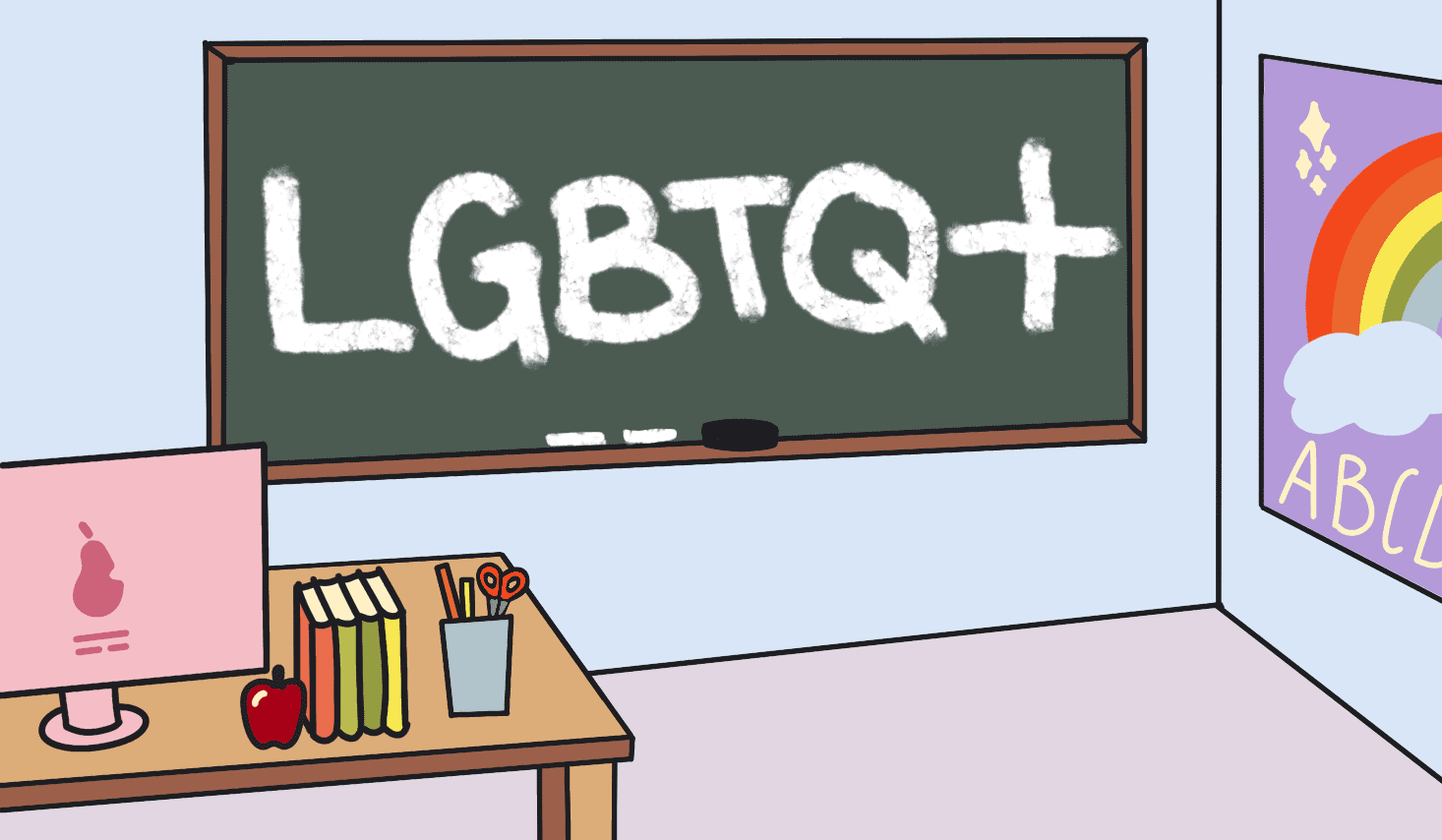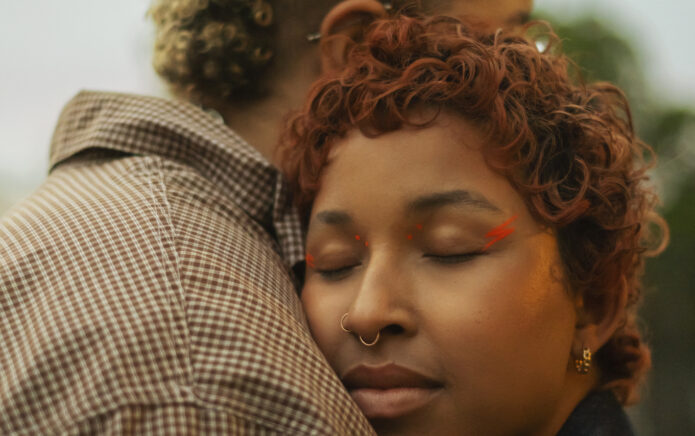
There is an increasingly prevalent narrative in the media suggesting that parents should have a formal right to know if their child is LGBTQ+, with a particular insistence that all parents should be notified if their child is exploring their gender expression or realising they might be trans or non-binary.
I firmly believe that pressuring or forcing a LGBTQ+ person to be outed – no matter how old or young they are – is a huge risk to their safety and wellbeing. It is not an inherent danger to be LGBTQ+ (in fact, quite the opposite!). So why put LGBTQ+ young people in harm’s way?
History is full of examples of forcible interference in LGBTQ+ people’s coming out journeys: Section 28 in the UK, ‘Don’t Ask, Don’t Tell’ in the US, Florida and Texas demanding the outing of trans young people to the state, Uganda’s proposed bill of criminalising those who do not ‘report’ someone for being LGBTQ+ to the authorities, and so on.
These have never left LGBTQ+ people in a good place – they create shame and stigma, drive fear and suspicion, and unsurprisingly can and have destroyed the mental health and wellbeing of thousands of LGBTQ+ people. Ask any LGBTQ+ adult and they will tell you the lasting impact Section 28 has had on their life – an impact we continue to see among LGBTQ+ teachers who are still too afraid to come out in school today.
We have to ask ourselves: what do we fear? Do we fear that our children might be lesbian, gay, bisexual or trans? If so, why? If we fear them being LGBTQ+, is it because we view being LGBTQ+ as lesser than?
Is the fear that they might face more challenges than their peers? This is likely to be true in the society we currently live in, and is therefore an understandable and genuine fear for many parents. Just Like Us’ research has found time and time again that LGBTQ+ young people face serious and disproportionate challenges when it comes to safety in school, daily tension at home, loneliness, self-harm and suicidal thoughts.
If the fear behind this growing conversation is that we worry our children will encounter these disproportionate challenges that society throws at LGBTQ+ people, then there is plenty we can do that would be more helpful than making a LGBTQ+ young person vulnerable by forcibly outing them.
The Albert Kennedy Trust is a LGBTQ+ homelessness charity. Their 2021 homelessness report found that half of LGBTQ+ young people (50%) fear that expressing their LGBTQ+ identity to family members would lead to them being evicted. 77% of the young people that akt support became homeless after coming out or being outed to their family.
Sadly, navigating challenging family relationships is so often part and parcel of being a LGBTQ+ person. In fact, Just Like Us’ new research has found that the majority of LGBT+ young adults (54%) are estranged from at least one family member and that they are twice as likely to not be close to their immediate family as their straight, cisgender peers.
Trans young people are three times more likely to not have the privilege of closeness with their immediate family – for non-binary young people, it’s almost four times.

This is not by coincidence of course. A third of LGBTQ+ young adults (31%) are ‘not confident’ their parents will accept them and this lack of LGBTQ+ inclusive support from family creates not only a divide or full estrangement but also leads to a lack of safety, higher levels of trauma and a long-term drain on their wellbeing. LGBTQ+ teens are also twice as likely to be facing daily tension at home than non-LGBTQ+ peers.
It’s clear that many gender diverse young people are having to grow up constantly questioning if the people that should love and care for them might reject or shame them for being gender-non-conforming. In fact, it’s a universally LGBTQ+ experience to grow up learning to constantly assess our safety and predict others’ potential reactions, another reason why forcing someone to come out is incredibly dangerous. We have clear evidence showing us that outing LGBTQ+ young people is a direct pathway to many of them becoming homeless.
I personally have a friend who was outed as a lesbian and this left her homeless for several years. I would hate for any LGBTQ+ person, particularly a trans, non-binary or gender diverse child, to ever go through this. I’ve also been incredibly pressured to come out to a parent before I was ready and it creates a trauma that never leaves you.
Being LGBTQ+ can be challenging enough as an adult – even when you have the agency, to some extent, to choose your workplace, where you live and who you surround yourself with. But when you are a young person who doesn’t have any control over whether their school is LGBTQ+ inclusive or their families are homophobic or transphobic, being outed can leave you with very little agency and very few options to find safety and acceptance.
To any parent who believes school staff or other adults in your child’s life should report their LGBTQ+ identity back to you, I would ask you to consider why your child hasn’t told you themselves, or why you even feel the need to know immediately. Perhaps they haven’t heard from you that you really truly and full-heartedly believe being LGBTQ+ is nothing to be ashamed of, and that you wouldn’t love them any less because of how they express their gender or who they might one day fall in love with. Perhaps it’s because they simply aren’t ready yet. Coming out is not a one-time thing, we do it every day to different people in different contexts, and it’s not a process that should ever be rushed or forced or else it becomes traumatising.
So I ask any parent reading this – please do not pressure your child to come out to you, or to anyone. Instead, please put your energy into showing and telling them you want to be the best LGBTQ+ ally you can be.



